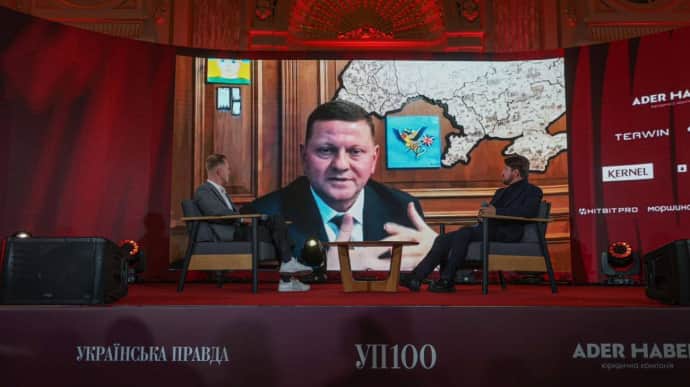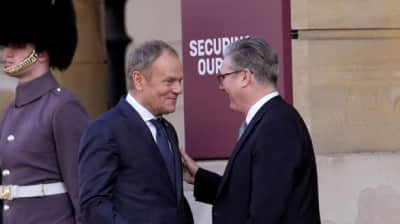Ukraine's former commander-in-chief believes major advance on battlefield impossible until 2027

Valerii Zaluzhnyi, Ukraine's Ambassador to the UK and former Commander-in-Chief of the Armed Forces of Ukraine believes that deep advances on the battlefield are currently impossible due to the technical evolutionary process that will end in 2027.
Source: Valerii Zaluzhnyi in an interview with Ukrainska Pravda
Quote from Zaluzhnyi: "This eventually leads to the fact that the side that’s pursuing an offensive loses opportunities to undertake operational tasks.
What sort of tasks? Advancing 150–200 kilometres, which is what the Soviet rulebook dictates. When robot equipment started to materialise on the battlefield, they made it impossible for troops to move around. Not knowing how to fight the robots brought about a stalemate. We couldn’t advance on the Russians and they also couldn’t advance on us.
This is still happening today. We see that the Russians are not able to do things like advance 150–200 kilometres in a week.
According to my theory, when this technological evolutionary leap comes to an end, and [either side] is able to build up a technological stockpile, opportunities for pushing through will appear again.
I estimate that this will happen around about 2027 or after. But there’s no guarantee it will happen in 2027, given the economic and demographic situation. And there’s no guarantee anyone will be interested in war at the kind of scale where one needs to capture enemy territory."
Read more: Valerii Zaluzhnyi, ex-Commander-in-Chief: "World war, it's already started"
Details: However, Zaluzhnyi believes that it will most likely be a tactic that Russia is currently using in Ukraine – the war of attrition, "which first and foremost targets our economy and our morale".
Quote from Zaluzhnyi: "We are seeing that the enemy is not having any major breakthroughs on the battlefield. But they’re gradually pushing us out of our positions, at the cost of grave losses.
They are attacking our economy and civilian infrastructure. In part, they achieve this by routing their missiles in such a way that our systems which intercept them also hit civilian targets in Ukraine. They’re also pursuing an information campaign aimed at frustrating our mobilisation efforts.
They’re also pursuing cognitive methods aimed at changing the way Ukrainians perceive the war. As a result, we have issues with frontline personnel, which eventually leads to us losing our positions.
But still, as of today, the Russians aren’t able to carry out major breakthroughs and widen their front. This would take a large amount of resources, which they also no longer have."
Support UP or become our patron!





